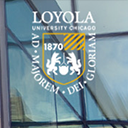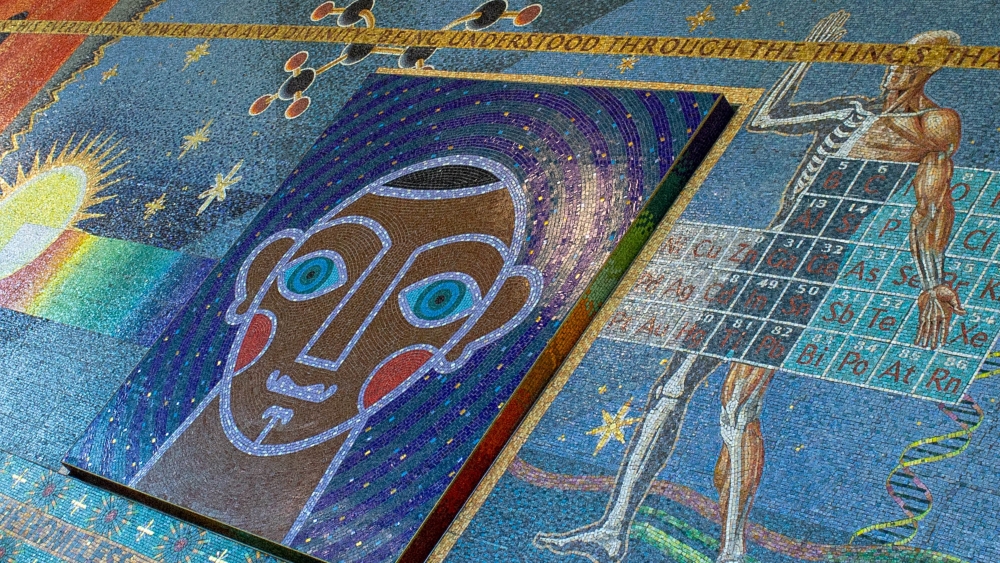Development of the Student-Elder*-Engaged Mentoring Experience (SEE ME)
Nature and scope of the project
This evidence-based project emphasizes the importance of engaging prelicensure nursing students with older adults in the community through reciprocal mentoring to foster positive attitudes on aging, reduce ageism, and increase social connectivity. Through reciprocal social connectivity, it promotes mutual wellness by addressing ageism, isolation, and loneliness. This project improves upon current intergenerational programming by partnering with diverse older adult community organizations and nursing students to develop a culturally informed program based on shared priorities and appropriate translation of developed materials.
Synthesis and analysis of supporting literature
The 2023 Surgeon General’s Advisory on loneliness and isolation advocates for the healing effects of social connection, but ageist attitudes and stereotypes hinder social connections across generations. Influenced by ageist attitudes and negative stereotypes, nursing students report disinterest in working with older adults after licensure when older adult care is crucial. Also, nursing curricula tend to focus on frail older adults through acute and long-term care clinical experiences perpetuating vulnerabilities. Evidence-based studies link the impact of ageism and loneliness to poor health outcomes and significant improvement in mental health and well-being with intergenerational programming.
Project implementation
Prior community engaged ethnographic research identified five diverse older adult subcommunities that prioritized the need to address isolation and loneliness. To address these needs, we collaborated with the organizations and students to develop the nursing Student-Elder*-Engaged Mentoring Experience to create a sustainable and transferable intergenerational program. Informed by our collaborators, we developed and piloted participant applications, information sheets, mentorship agreements, activity ideas, discussion modules, quizzes, evaluation criteria, and events.
Evaluation criteria
Qualitative assessments from participating students and older adults were reviewed to refine the program throughout the semester long development period. Implementation evaluation will include qualitative description and inductive thematic analysis of end of course reflections.
Outcomes
Refinement of the program procedures and materials were completed. The program was implemented in Fall of 2023 with 139 nursing students and community organizations who continued to receive participant inquiries. Future outcomes include: “polishing” program materials; expert review of the program; and program dissemination.
Recommendations
Collaborating with community partners is vital to successful programming. Flexibility in communication methods, hours, and activities is recommended. Addressing methods to reach homebound individuals is a future need.
Development of the Student-Elder*-Engaged Mentoring Experience (SEE ME)


